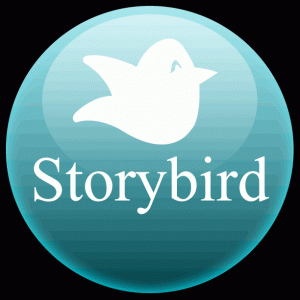
John Biggs for TechCrunch posted an interesting company profile yesterday of children’s ebook developer Storybird. In the piece, Biggs detailed how the business model behind Storybird works, allowing free or premium members to build and share their own ebooks out of the on-screen point and click and the provided illustrations and graphics. While the piece demonstrated that this might be a valuable tool for parents and children to foster an interest in reading, is it possible the platform isn’t actually reaching far enough yet?
The new buzzword in education is Common Core, a new set of national standards that have been almost unequivocally adopted by every state in the US. While some fought the measure for some reason as if it were being forced on the country as a national curriculum, the Common Core is essentially nothing more than a set of benchmarks as to what every US K-12 student should learn. States that have adopted the Common Core are working quickly to put these guidelines into practice.
Some of the key changes brought about by the Common Core are earlier computer literacy and efficiency, as well as a greater recognition that reading and writing must begin in the earliest stages of education. It’s no longer enough to have one classroom computer and let students play a game when their work is finished, as the standards dictate that basic keyboarding (actual typing instruction) will begin in early elementary school and computer literacy will involve actually creating original works on computers. Under the new guidelines for teaching writing, “publishing” is an actual standard now; it’s no longer enough to write and illustrate a darling story with a pencil and paper and allow the teacher to hang it on the bulletin board. The Common Core encourages things like teacher websites and blogging instruction for elementary school students.
As the adoption and implementation of Common Core continues, tools like Storybird are going to become vital in the classroom. While offering a free tool for students and educators with a built-in method for publication and sharing, Storyboard will wrap so many of those new benchmarks like writing, publishing, and technology into one instructional unit, saving already-precious instructional time and money. As students’ computer literacy improves, Storybird and platforms like it will be another means that technologically proficient students can use to improve their writing skills and literacy.
Mercy Pilkington is a Senior Editor for Good e-Reader. She is also the CEO and founder of a hybrid publishing and consulting company.
